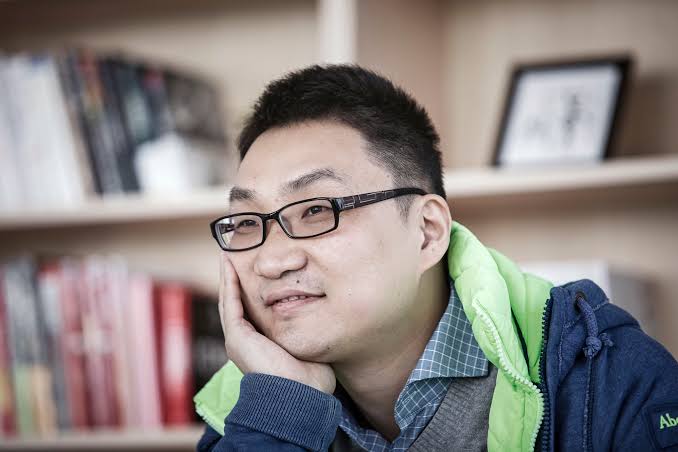At just 44 years old, Colin Huang has claimed the title of China’s richest person, surpassing even the bottled water tycoon Zhong Shanshan. This remarkable achievement is a testament to Huang’s entrepreneurial prowess and his ability to navigate the dynamic Chinese tech world.

Hailing from Hangzhou, Huang’s journey to the top of the billionaire’s list has been nothing short of remarkable. After excelling academically from a young age, Huang went on to earn a master’s degree in computer science from the University of Wisconsin, before embarking on a career at Google’s headquarters in the United States.
In 2006, Huang returned to China, where he played a crucial role in establishing Google’s presence in the country. This experience would later prove invaluable as Huang began to chart his own entrepreneurial path.
Huang’s first major venture was Ouku.com, an e-commerce platform specializing in consumer electronics, which he founded in 2007 and sold just three years later. He then went on to launch Leqi, a marketing platform for companies on major Chinese e-commerce sites, and even ventured into the gaming industry with role-playing games on WeChat.
However, it was Pinduoduo (PDD), the collaborative group-buying platform Huang founded in 2015, that truly catapulted him to the top. Inspired by the strategies of industry giants like Alibaba and Tencent, Huang secured $8 million in initial funding and launched PDD, which quickly gained traction and raised $100 million by 2016.
The company’s rapid growth and success culminated in its public listing in the United States in 2018, further bolstering Huang’s wealth. In 2020, he stepped down as CEO, and a year later, he relinquished his role as chairman to pursue his interests in food and life sciences research.
But Huang’s entrepreneurial exploits did not end there. In 2022, he launched Temu, an e-commerce platform that has become the cornerstone of his vast wealth. Temu’s success can be attributed to its ability to offer a wide range of heavily discounted products, leveraging China’s low manufacturing costs and direct-to-consumer shipping to maintain competitive prices.
Temu’s rapid growth, particularly in the United States and the United Kingdom, has been nothing short of remarkable. However, the company has not been without its challenges. Suppliers in China have protested the high fines Temu imposes for issues such as poor customer service, incorrect product descriptions, and late deliveries. Some have even reported concerns over delayed payments.
The European Union is considering new import taxes on packages from Chinese online discount retailers like Temu, Shein, and AliExpress. This move is aimed at protecting European businesses from the price pressures exerted by these low-cost competitors and could impact Temu’s ability to maintain its current pricing strategy in Europe.
Despite these challenges, Colin Huang’s rise to the top of China’s billionaire list is a testament to his entrepreneurial vision, risk-taking, and ability to adapt to the rapidly changing tech landscape. As he continues to navigate the complex world of e-commerce and online retail, Huang’s story serves as an inspiration to aspiring entrepreneurs around the world.




